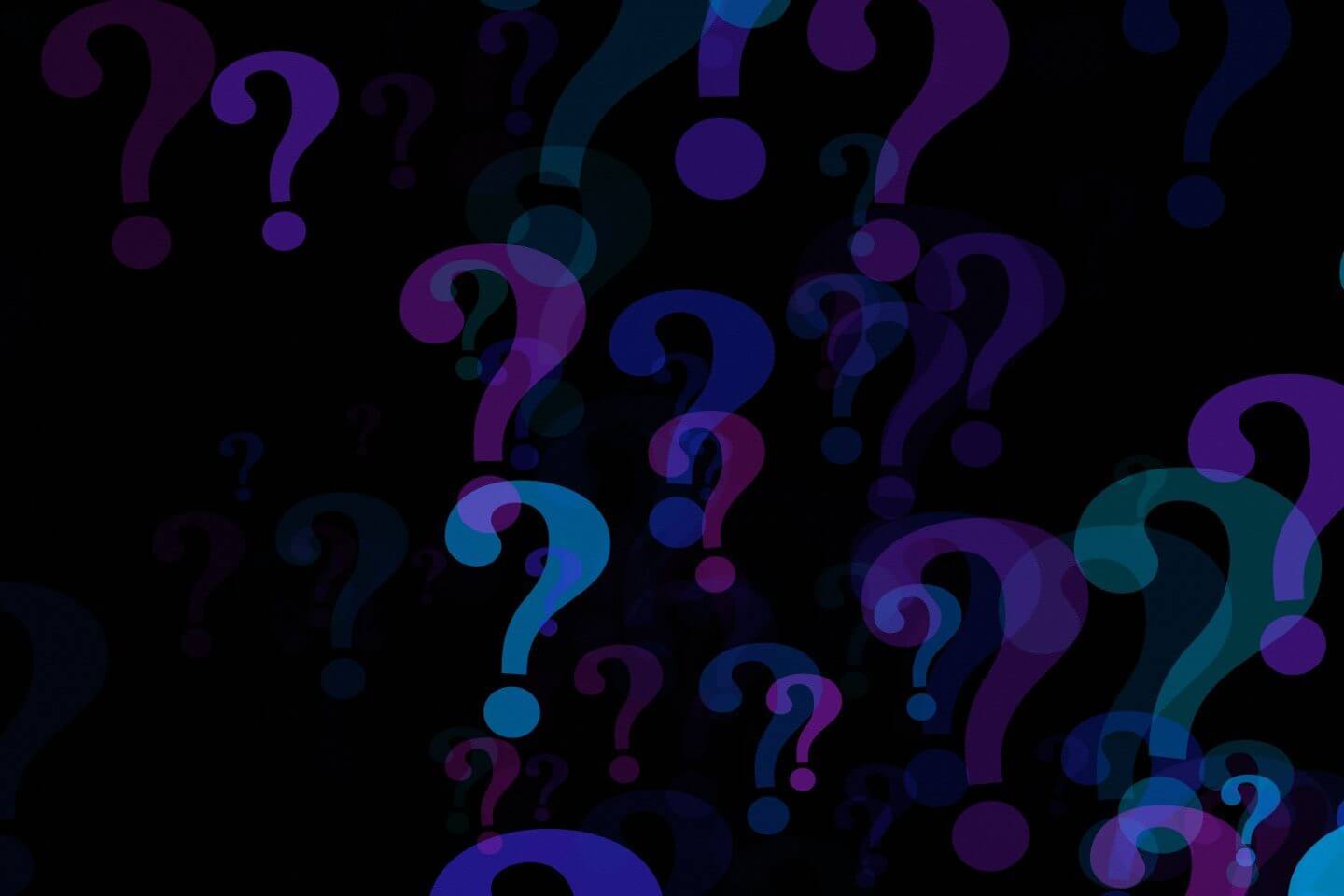
Topic-based questions
We’ve organized common questions so you can get answers right away.

General questions
Couldn’t find an answer? Not sure who to ask? Submit your question and any attachments using the form below and we’ll get back to you.
The public library in the town where you live, work, or study can help you get a library card. There is no charge for a library card, though some towns may ask a small fee for out-of-state residents or lost card replacements.
Each library has its own procedures for giving out cards. Most libraries will ask you for a form of identification or proof of residency, such a driver’s license and a piece of mail showing your current address.
Many libraries now allow you to get an eCard online, which you can then turn into a physical card when you visit the library.
Almost every library in Massachusetts has an online catalog, a way to see which books and other items are available to borrow from the library. You can browse the catalog from home or anywhere you have an internet connection. If you have a library card, you’ll be able to log in, which gives you more access: you may be able to place items on hold, renew items you’ve already borrowed, or save a list of titles in your account for later.
View articles and complete issues from some of the most popular magazines and newspapers without article limits or paywalls using your library eCard. To get a library eCard, visit the Getting a Library Card page.
Public libraries are just that, public – anyone can visit when they’re open. Libraries may have different hours or services, depending on the needs and resources of their community. Almost all Massachusetts public libraries allow non-local residents the same borrowing privileges as local residents, thanks to their participation in the State Aid to Public Libraries program, so if the library in another town is more convenient to visit, or you just happen to be somewhere else and want to stop in, you should be welcome.
Some libraries are non-public libraries: school libraries (libraries located in K-12 schools), academic libraries (libraries at colleges and universities), or special libraries (libraries located at a business, non-profit or other organization) are not always open to the general public. Check their visitor rules before you make plans.
You may find the locations of all types of libraries in our library directory.

